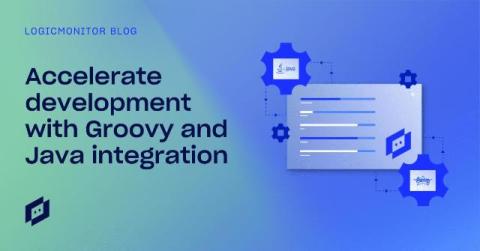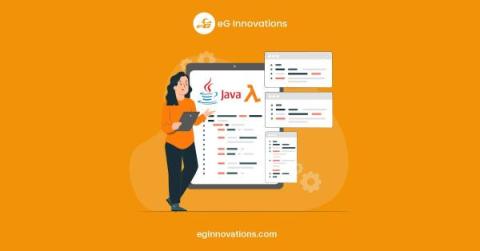Operations | Monitoring | ITSM | DevOps | Cloud
Java
Accelerate development with Groovy and Java integration
Introducing the Elastic distribution of the OpenTelemetry Java Agent
3 Easiest Ways to Convert String to JSON Object in Java?
Instrumenting using the Java OpenTelemetry OTLP
A Guide to Log4j for Logging in Java
Demystifying Java Lambda Expressions
Getting started with Application Observability for Java
Detect Java code-level issues with Seagence and Datadog
In Java applications, concurrency issues can be difficult to reproduce and debug. Because work is scheduled nondeterministically across threads, the conditions that have led to an error in one execution of the program may not trigger the same issue the next time around. Exceptions that are silently handled—also known as swallowed exceptions—can also be challenging to debug because they typically do not leave any trace in the logs.
Is your Java Observability tool Lambda Expressions aware?
Most SREs and IT Ops manage Java applications without source code access or communication with AppDev teams. When applications have performance issues those SREs or IT Ops teams deploying and maintaining the infrastructure often have to prove that it is the application at fault and supply information to the app supplier which provides evidence of the issue.











